Global strategist and renowned author Parag Khanna speaks at CCG
Over the past 30 thirty years there has been a shift occurring in Asia and it is impacting the whole world. The rise of Asian economies and strengthening of bonds within the continent and between Asia and its continental neighbors has led many observers to declare the 21st century, the Asian Century.
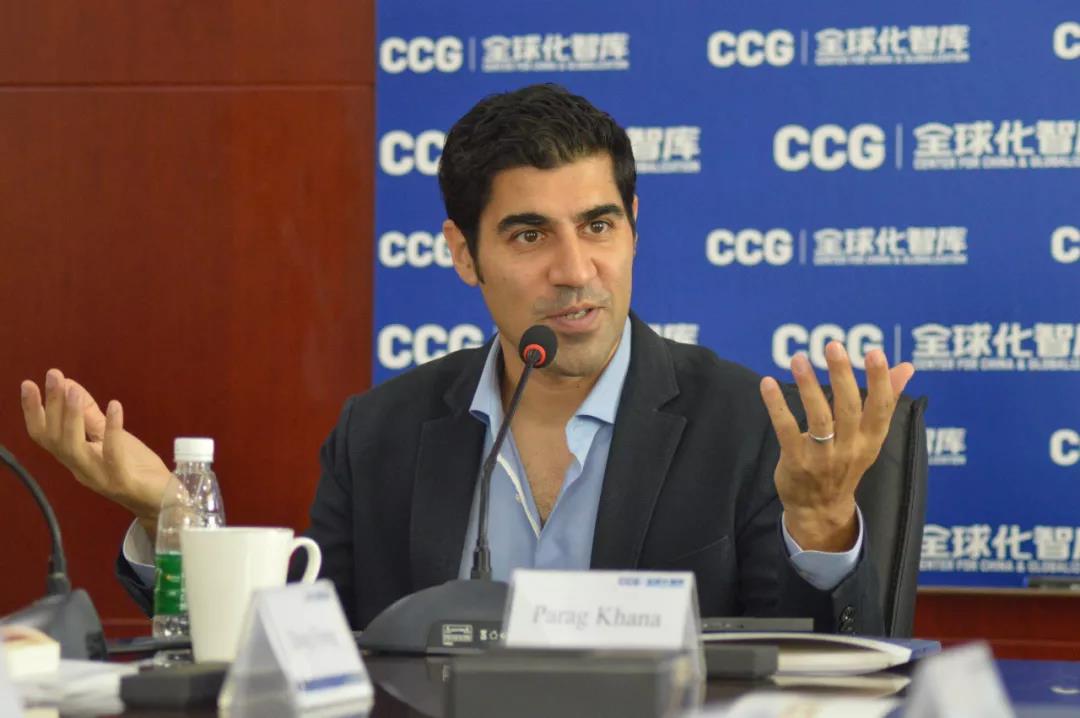
On June 11th, the Center for China and Globalization (CCG) was honored to host Dr. Parag Khanna, leading global strategist and best-selling author, to deliver a speech on his most recent book The Future is Asian: Commerce, Conflict, and Culture in the 21st Century. Dr. Khanna introduced key themes and the background behind his new book to attendees, which was recently published in Chinese by CITIC Publishing. Following his speech, a discussion and Q&A session was held with attendees and media representatives.
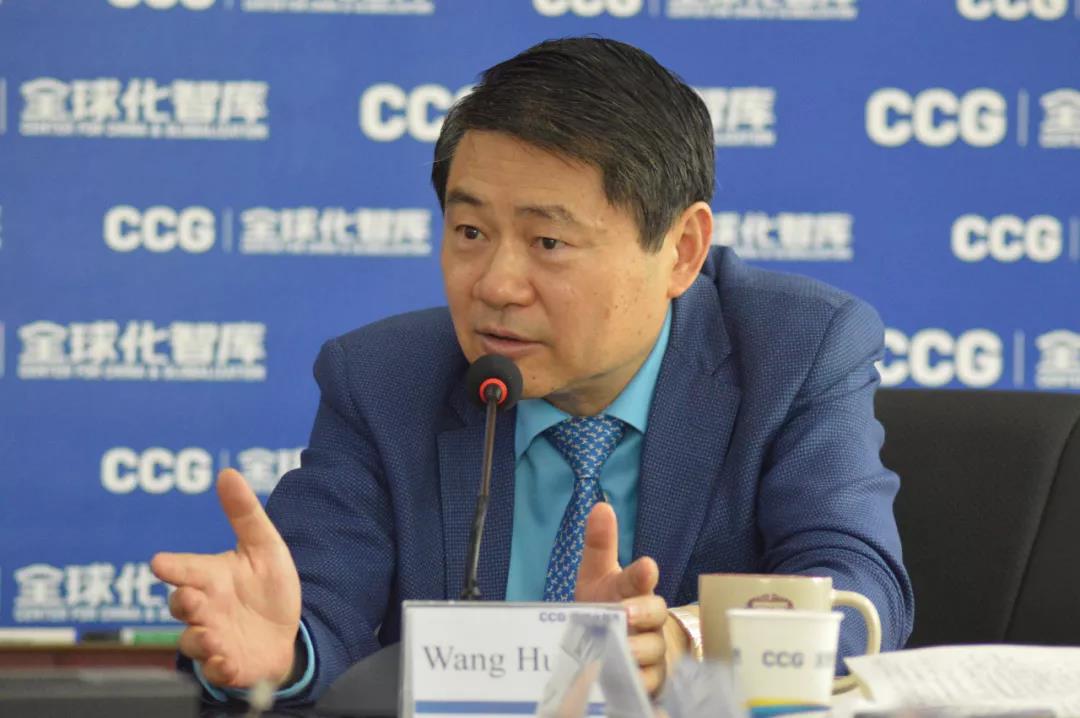
Introducing Dr. Parag Khanna, CCG President Dr. Wang Huiyao commented that Asia is the fastest growing region in the world, the development of ASEAN and other Asian nations has proven that this trend cannot be ignored. Calling for broader perspectives on the rising Asian continent, Dr. Wang commended Dr. Khanna’s previous work and innovative approach to placing growth in Asia in its historical context. Dr. Wang welcomed Dr. Parag Khanna to share his insights and findings with the audience, and for all to use this event to seek ways to deepen cooperation among Asian nations.
Dr. Khanna began his speech by providing the historical basis for the conclusion of his book. He detailed four development stages experienced in Asia, from the rise of Japan and the Asian tigers to China’s Reform and Opening-up and the recent rapid development seen in South and South East Asia. Whilst intra-Asian investment and mutual growth has defined the rise of the continent, Dr. Khanna noted that this phenomenon is still largely viewed through a western lens. This book, Dr. Khanna states, aims to rectify this, providing a more accurate narrative incorporating close analysis and research into wider global trends.
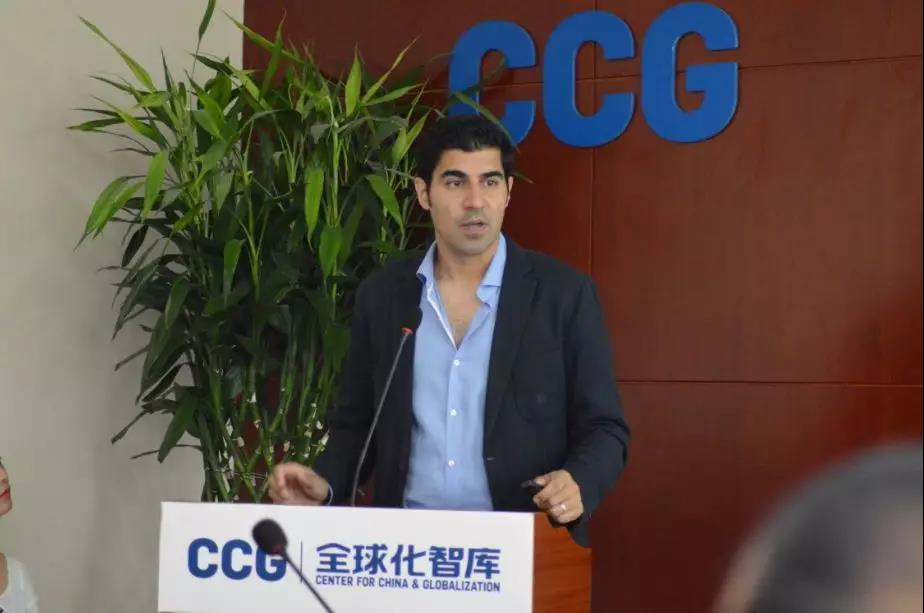
Using the comparison of the “European System” which spurred development on in Europe, Dr. Khanna explained that there isn’t a complimentary organization or network of relationships in place in Asia, for a multitude of historical and geographical reasons. In order to build such a “system” in Asia, there is a need for further economic growth, which seems very likely, but also for the development of diplomatic and inter-regional engagement on a broader scale.
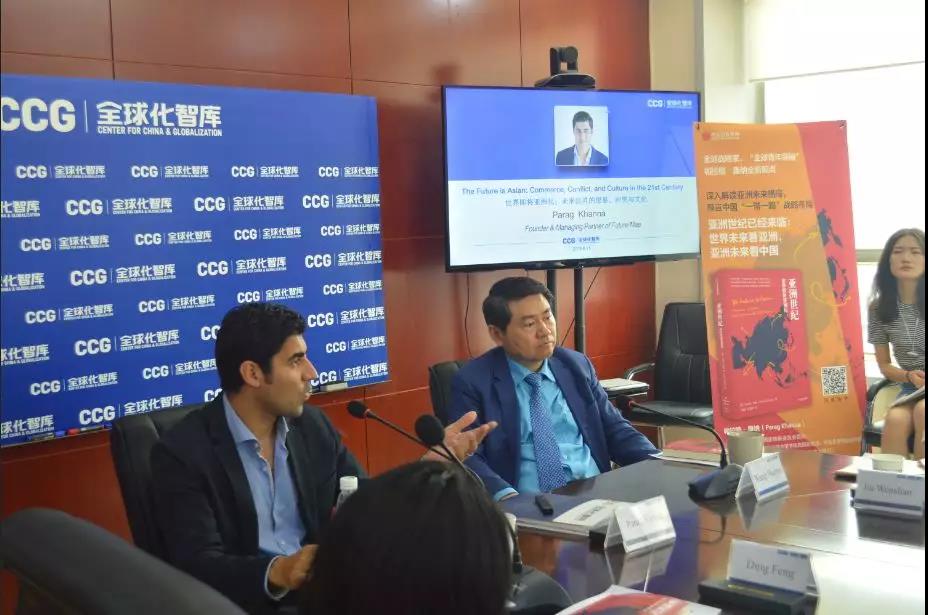
In recent years we have witnessed the rise of Asian-founded or dominated multilateral institutions such as the Association of South East Asian Nations (ASEAN), Asian Infrastructure Investment Bank (AIIB) and Shanghai Cooperation Organization (SCO). In this context, Dr. Khanna recommended more global and regional initiatives and policies formulated specific to Asia’s development stage and needs. Having traversed the geographical route of the Silk Road and witnessed firsthand the need for and impact of infrastructure investment, Dr. Khanna named the New Silk Roads, namely the Belt and Road Initiative (BRI), as a shining example of Asian cooperation and most beneficial the people of Asia.
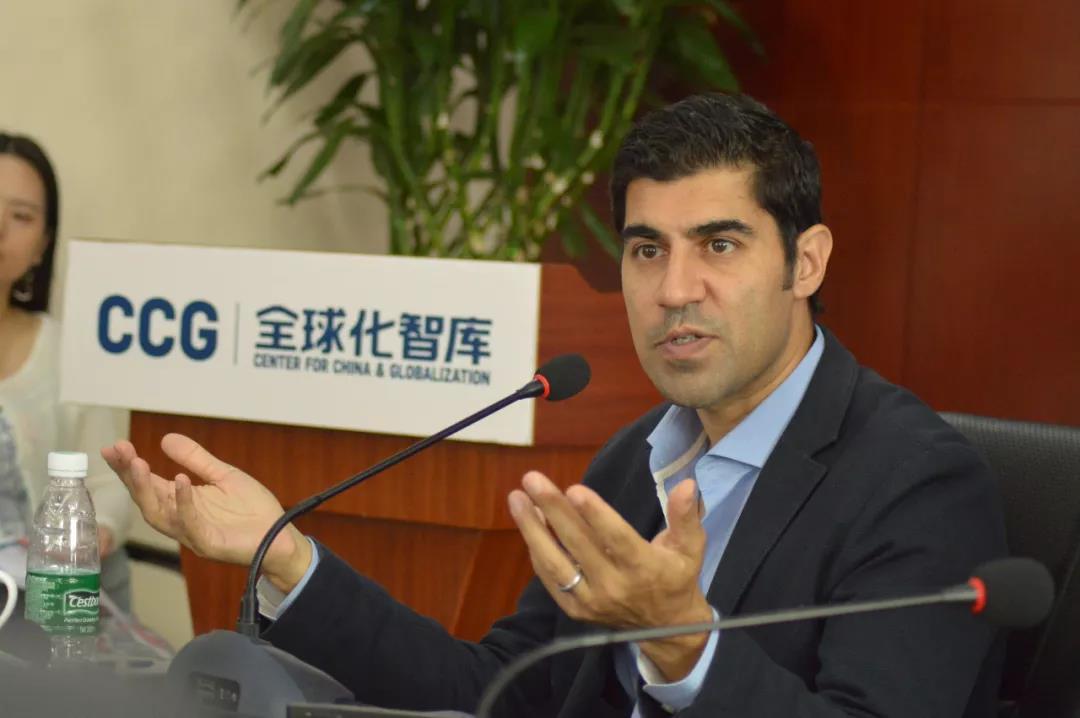
Dr. Khanna emphasized that whilst China has been a key engine for growth in the region, funding projects such as BRI, Asia is home to a diverse range of economies with their own characteristics. Nations that have received support or cooperated with China, leading to their greater development, will have increased leverage to negotiate with China in the future, and even be in competition with China. Countries such as Myanmar or others which have received high levels of funding and assistance from China, as they grow, may try to impose technology transfer or seek additional concessions from China. Therefore it is important for nations in Asia to be open to the development of the region and, for the growth of the continent, avoid arbitrary definitions and hierarchies.
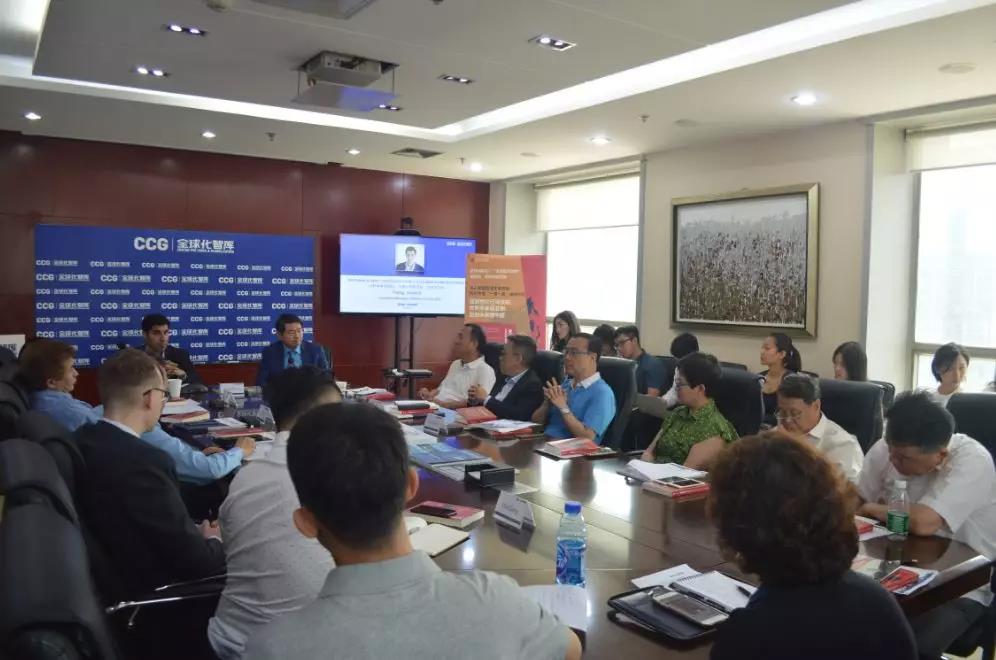
Following this speech, Dr. Khanna fielded questions from guests and the media on topics such as the U.S. perspective on the rise of Asia and China’s oil consumption and the potential for creating a “petro-yuan”. On this subject, Dr. Khanna predicted that, as Euro-Asian ties strengthened and the global role and importance of the U.S. declined, a more multipolar global monetary system would emerge.
When asked about the cultural or societal values which could contribute to forming an “Asian System”, Dr. Khanna evoked the notion of Asian values first proposed by Lee Kuan Yew in the 1990’s. In The Future is Asian, Dr. Khanna proposes three characteristics which are broadly common among Asian nations: technocratic governance, state (mixed) capitalism and social conservatism. Whilst Dr. Khanna acknowledged there may be some exceptions, these “New Asian Values” apply across Asian nations, often regardless of political system and be conducive to enhancing understanding of Asia as a continental force.
On the question of whether the United States can accept a rising China and Asia, Dr. Khanna responded that in more than 4,000 years of history, the multipolar pattern has occupied a vast part of Asia’s history. Although China has emerged as a dominant force in the world, it is by no means the only one. The tide of globalization has made the world enter a society without a world “number one”, a more multipolar world with a diverse geopolitical “marketplace”. He stressed that if we really have to name a global “winner” or “number one”, it is definitely globalization.
Also in attendance at this event were Jia Wenshan, Distinguished Professor at the School of Journalism and Communication Renmin University of China and CCG Senior Non-Resident Fellow, Hao Jie, Co-Founder of the Magma Foundation and CCG Council Member, Ding Feng, Former Vice President of Samsung Greater China and CCG Council Member, Mu Yan, President of 1meipo, CCG Executive Council Member, and Andy Mok, CCG Research Fellow and CGTN Commentator.
Guest Speaker
Dr. Parag Khanna is the Managing Partner of Future Map, a data-driven scenario-planning and strategic advisory firm that works with some of the world’s most innovative governments, cities, and companies. He has been a fellow at the Brookings Institution, New America, and the Lee Kuan Yew School of Public Policy at the National University of Singapore, and an adviser to the US National Intelligence Council’s Global Trends 2030 program and US Special Operations Forces in Iraq and Afghanistan. He is the author of The Second World, How to Run the World, Connectography, Hybrid Reality, and Technocracy in America. Born in India and raised in the UAE, New York, and Germany, Parag holds a PhD from the London School of Economics and bachelor’s and master’s degrees from Georgetown University’s School of Foreign Service. He has been honored as a Young Global Leader of the World Economic Forum, named one of Esquire’s “75 Most Influential People of the 21st Century,” and featured in Wired magazine’s “Smart List.





